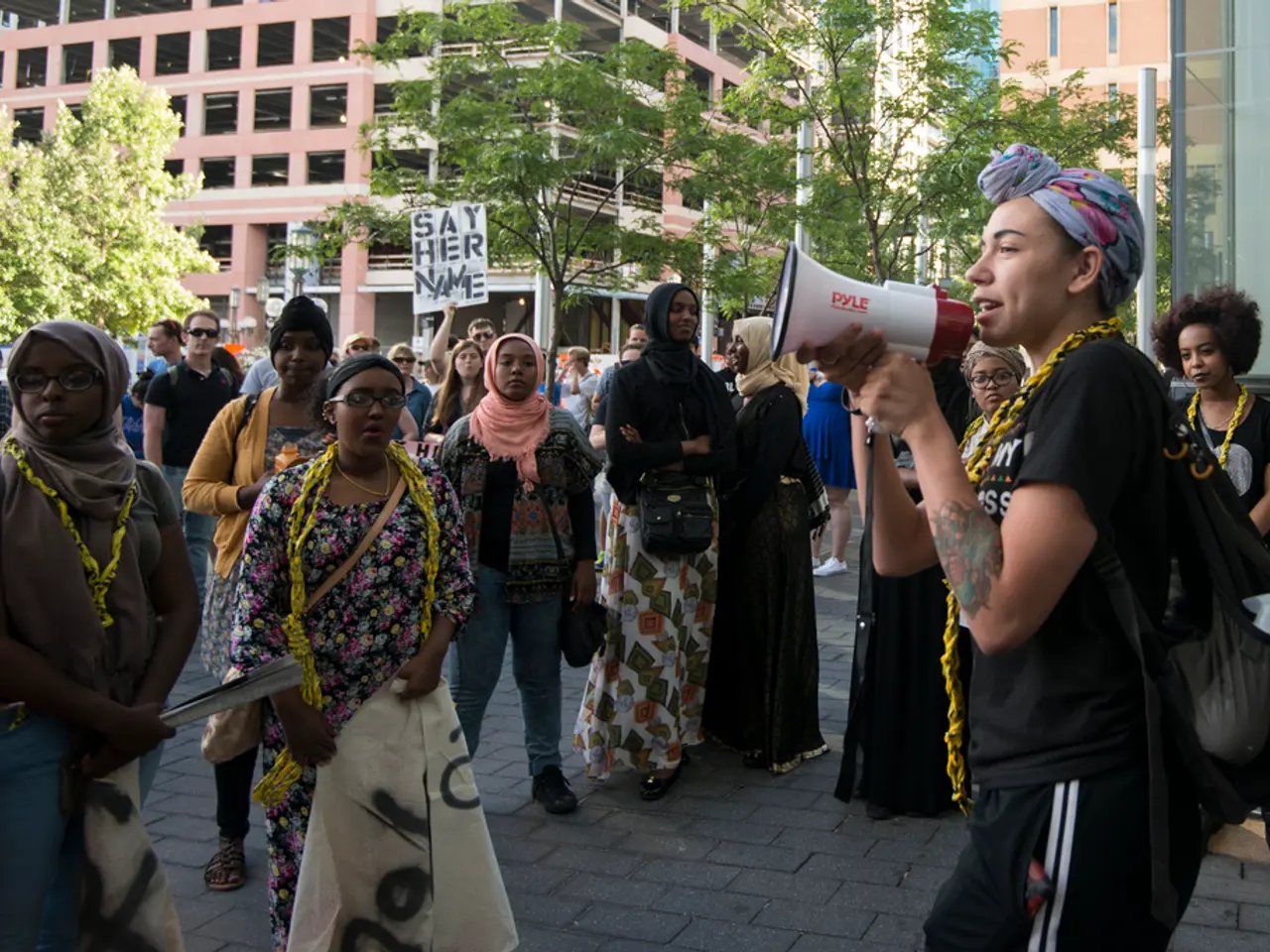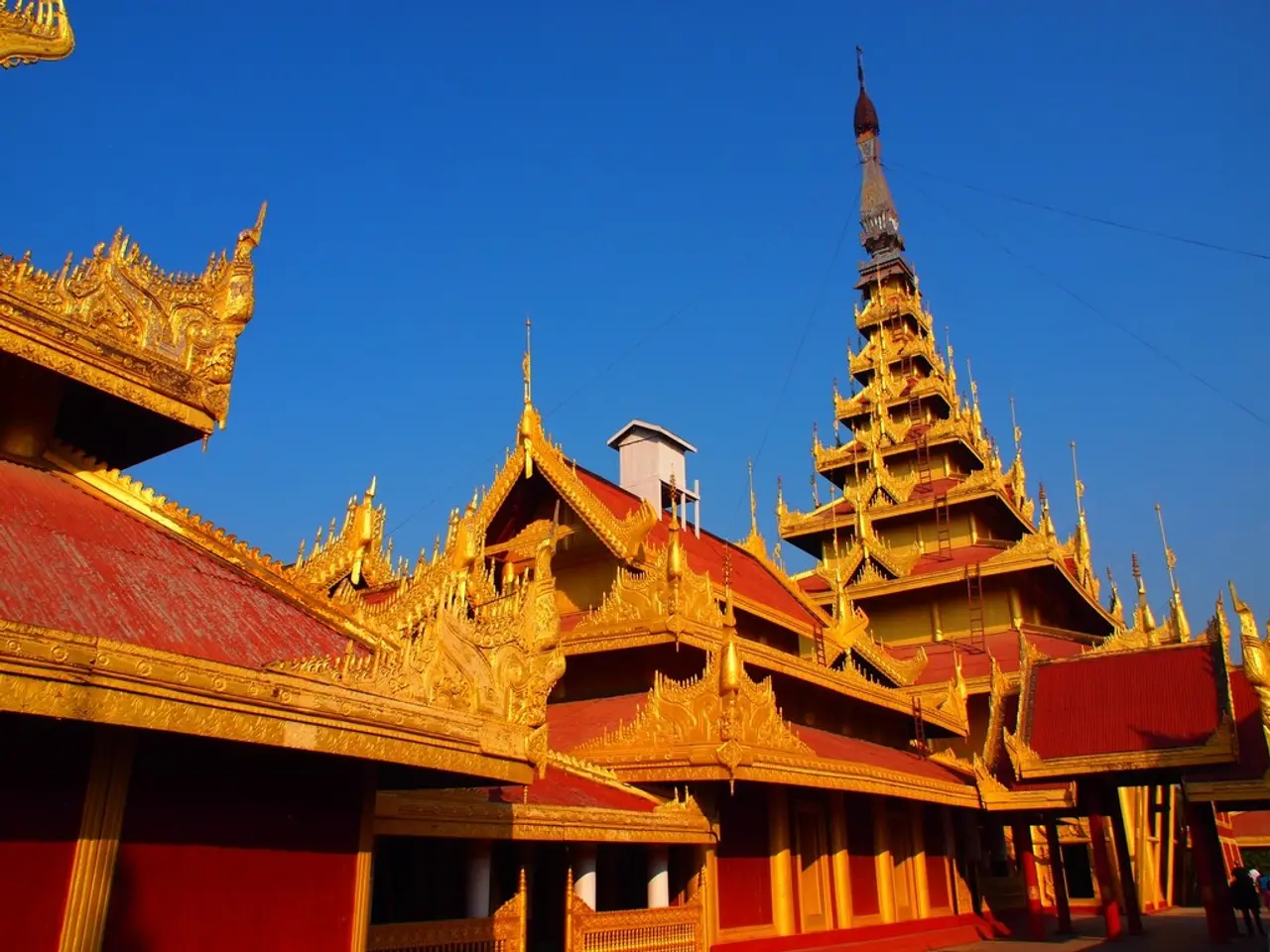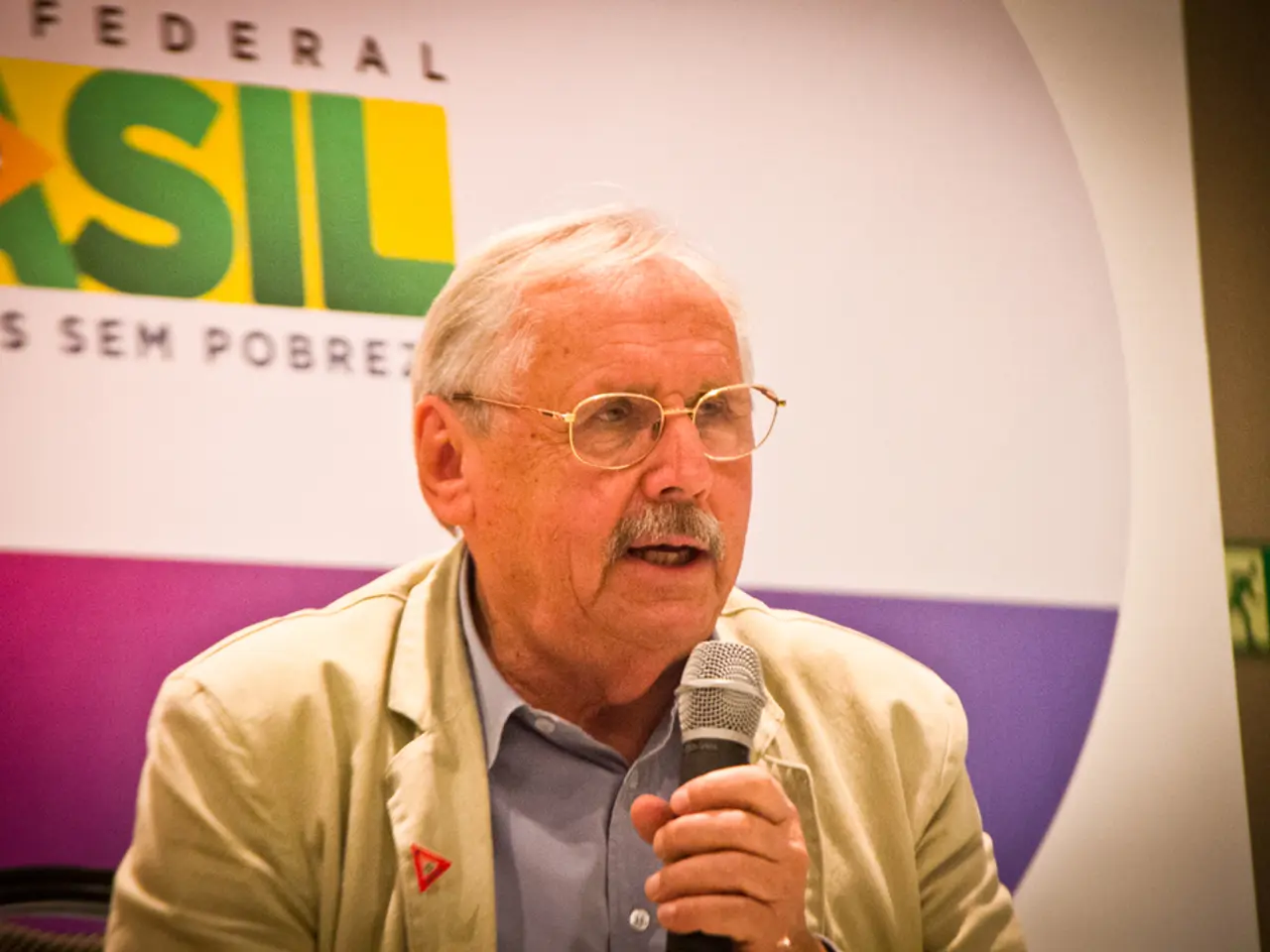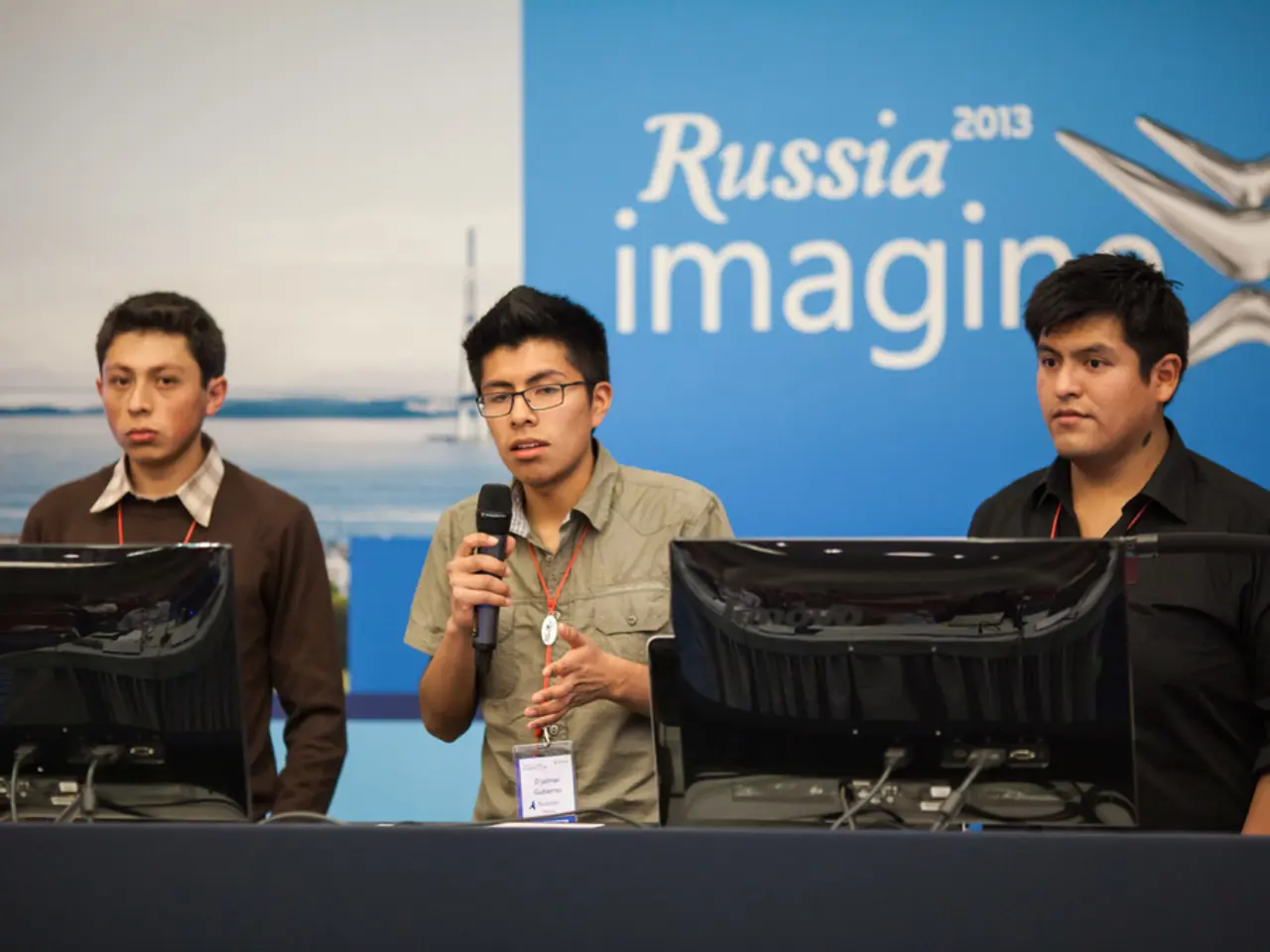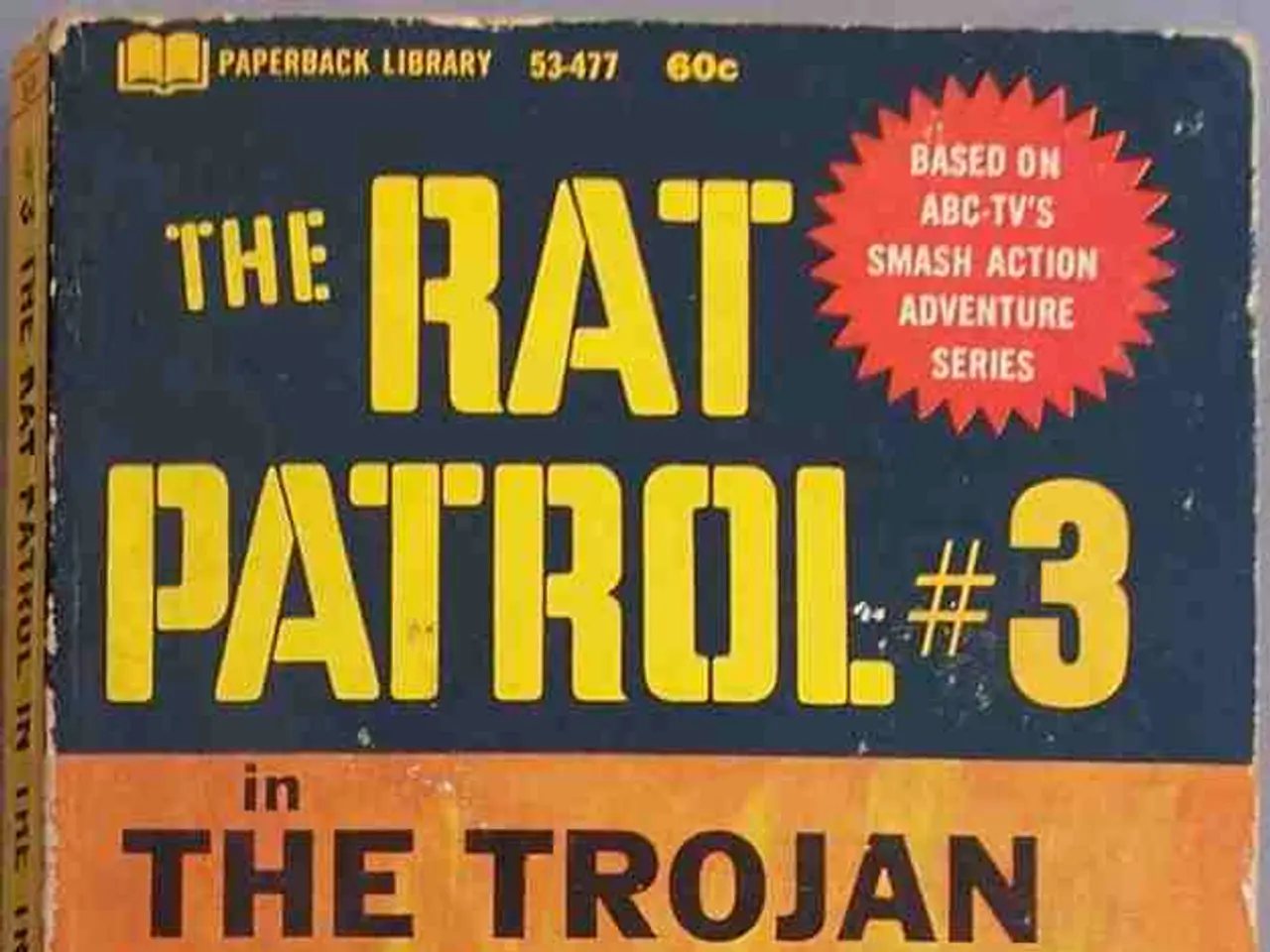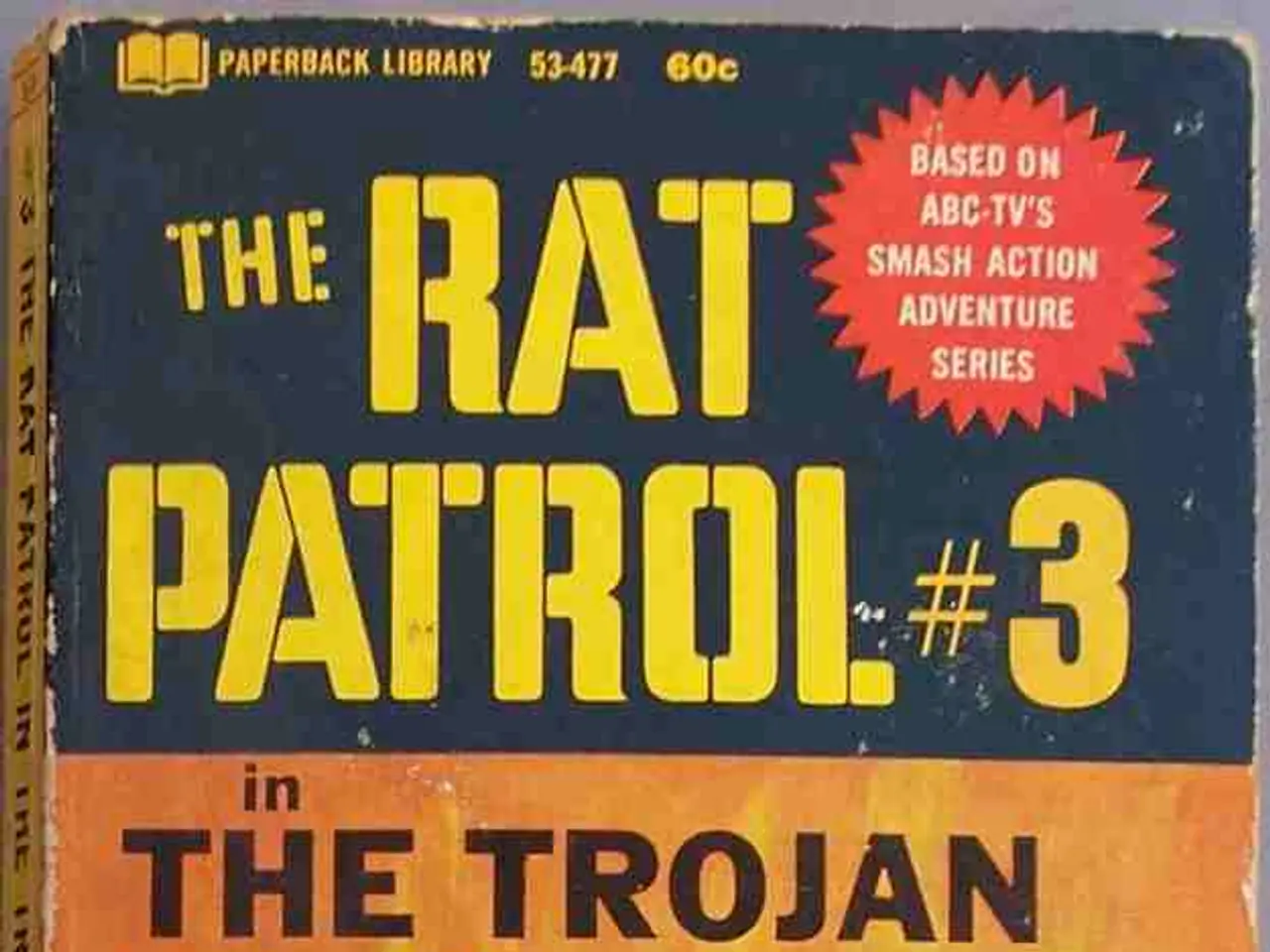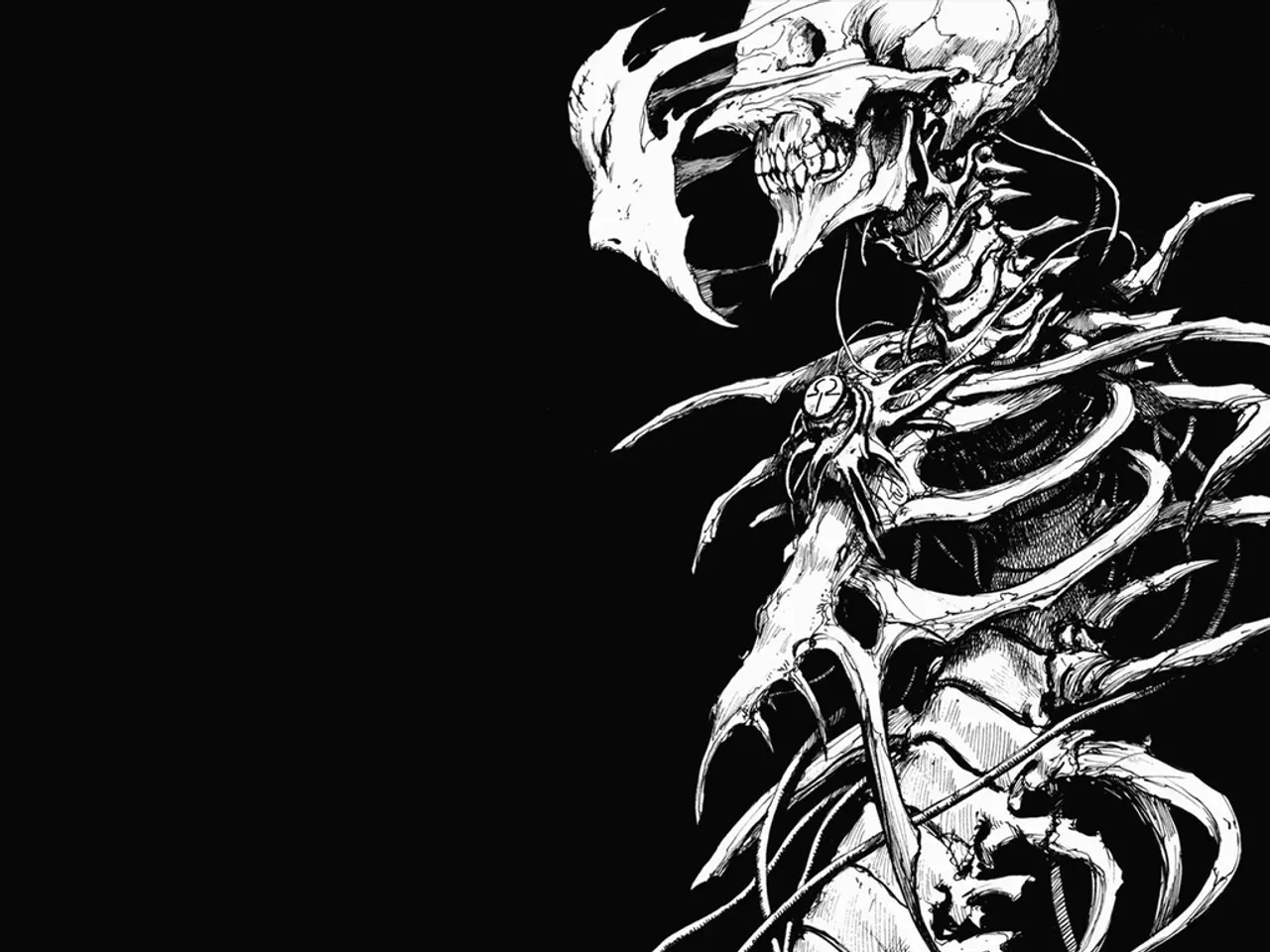Children's baseball uniforms and bells set for distribution in Kazakhstan prisons to enhance living conditions for female inmates.
In a surprising turn of events, a call for a boycott of Maxi tea has ignited a heated debate among users on social media platforms. The cause of the controversy? A statement about the historical adoption of Islam by the Kazakhs.
Daniyar Kenjeuly, an imam, has been at the centre of the storm, calling for a boycott of Maxi tea, a brand produced by Tursen Alaguzov, who is the husband of Bayan Alaguzova. Bayan Alaguzova made a statement that "Kazakhs did not adopt Islam." However, according to Daniyar Kenjeuly, Kazakhs have been Muslims since ancient times.
The statement has sparked a wave of responses and critical comments, with users expressing disbelief and frustration. Many have pointed out the irony in the call for a boycott over a statement about the history of Kazakhstan's adoption of Islam, while more serious issues like rape, murder, poverty, and corruption are being ignored.
Users have questioned why Daniyar Kenjeuly is not calling for a boycott of individuals or entities responsible for these issues. Some have criticized him for focusing on Bayan Alaguzova's statement, while ignoring more pressing issues. Others have suggested that the call for a boycott is a sign of a lack of prioritization and a distraction from more important issues facing Kazakhstan.
Daniyar Kenjeuly believes Bayan Alaguzova's statement is dangerous, aimed at undermining national consciousness, and mocking religious unity. He suggests that if anyone finds Bayan Alaguzova's words offensive, they should not drink Maxi tea and declare a boycott.
Scholarly assessments recognize that Islam’s adoption and evolution in Kazakh lands was neither linear nor uniform but deeply intertwined with nomadic culture, trade routes, imperial policies, and geopolitical shifting powers. Factual evidence confirms Islam’s historical adoption by Kazakhs by at least the 14th century, with substantial institutional development under Russian rule. Ignoring this undermines an accurate understanding of Kazakh heritage and religious identity.
The implications of denying or downplaying this Islamic heritage in modern discourse can be significant. Islam is a major religion for Kazakhs, linking them historically and culturally to the broader Muslim world. Denial or minimization of Kazakh Islam’s historical depth risks undermining national identity narratives that integrate religious heritage, alienating practicing Muslims who see Islam as part of their ethnic and cultural identity, distorting historical understanding of regional and political dynamics in Central Asia, and ignoring the complex Russian imperial and Soviet legacies in shaping Kazakh religious life.
Amidst the controversy, users have called for a broader focus on addressing the more pressing issues facing Kazakhstan, rather than a boycott over a historical statement. The debate serves as a reminder of the importance of historical accuracy and the need to prioritize issues that affect the lives of many.
- The ongoing dispute over the historical adoption of Islam by the Kazakhs has extended into the realm of politics and general-news, with users debating the accuracy of statements made about this matter.
- The heated argument over Maxi tea boycott, initiated by an imam, Daniyar Kenjeuly, has sparked a discussion on crime-and-justice, as many users question why more serious issues like rape, murder, poverty, and corruption are being overlooked in favor of a historical statement.
